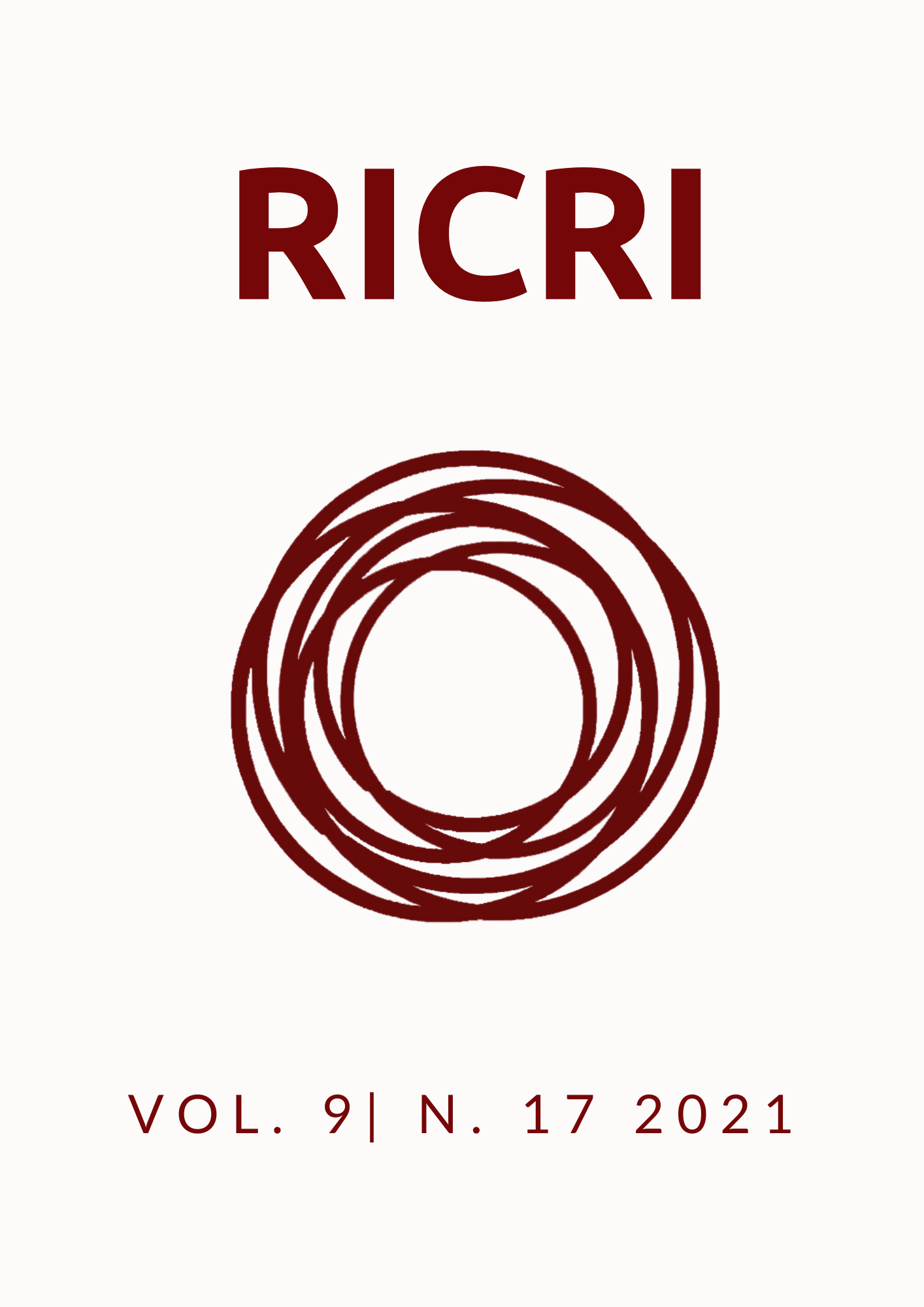The The Brazilian Position in the United Nations on the Situation in Syria (2011)
A Perspective from Brazil’s Foreign Policy under Dilma Rousseff
DOI:
https://doi.org/10.22478/ufpb.2318-9452.2021v9n17.51301Abstract
This article aims to analyze the Brazilian position in the United Nations (UN) in the discussions on the situation in Syria in 2011 (year in which the Syrian conflict erupted, and Brazil occupied a non-permanent seat on the Security Council) in light of Dilma Rousseff’s foreign policy. Looking forward to understanding positions that may initially seem incoherent, we seek to answer the following question: How do Brazil’s votes at the UN on the Syrian situation relate to Rousseff’s foreign policy? In order to do so, we first analyze the main guidelines of Dilma Rousseff government’s foreign policy, and then Brazil’s votes in the UN concerning Syria throughout 2011, finally attempting to demonstrate how these to axes connect.
Downloads
Published
How to Cite
Issue
Section
License
Copyright (c) 2021 Journal of Scientific Initiation on International Relations

This work is licensed under a Creative Commons Attribution-NonCommercial 4.0 International License.
Authors who publish with this journal agree to the following terms:
a. Authors retain copyright and grant the journal right of first publication with the work simultaneously licensed under a Creative Commons Attribution License that allows for sharing of work with acknowledgment of its initial publication in this journal.
b. Authors are able to take on additional contracts separately for non-exclusive distribution of the version of the work published in this journal (e.g., post it to an institutional repository or as a book), with an acknowledgment of its initial publication in this journal.
c. Authors are permitted and encouraged to post their work online ( eg, in institutional repositories or on their website) at any point before or during the submission process, as it can lead to productive exchanges , as well as increase the impact and citation of published work ( See the Effect of Open Access).




